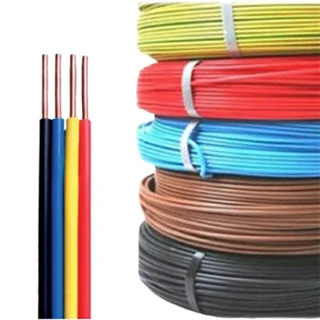Poly(vinyl chloride) (PVC) is one of the most important commercial plastics, used extensively in applications such as water, sewage, and drainage pipes. However, PVC is thermally unstable at processing temperatures, releasing hydrochloric acid (HCl) which accelerates degradation and affects its physical and mechanical properties. This degradation process involves an autocatalytic dehydrochlorination reaction leading to the formation of conjugated double bonds, which causes discoloration and deterioration.
To address this issue, thermal stabilizers are used. Commonly employed stabilizers include lead salts, metal soaps, and organo-tin compounds, which are effective but have significant drawbacks like toxicity and environmental harm. The article explores alternative organic and inorganic compounds as potential thermal stabilizers that are less harmful and environmentally friendly.
The mechanisms of thermal degradation and stabilization are discussed in detail. Primary stabilizers react with allylic chlorine atoms to prevent further dehydrochlorination, while secondary stabilizers scavenge HCl to slow down the degradation process. The article also examines various organic compounds, such as N-substituted maleimides and barbituric acids, which have been shown to offer superior stabilizing efficiency compared to traditional stabilizers.
Overall, the review emphasizes the importance of developing "green" thermal stabilizers that are non-toxic, cost-effective, and capable of maintaining PVC's properties during processing.
Explanation of Stabilizer used in PVC Granules
فهرست نوشتهها
- Applications The Role of Plasticizers in General and Medical PVC Granules
- Plasticizer Effects on the Structural and Mechanical Behavior of PVC Granules
- Optimizing Ca/Zn Systems for High-Performance PVC Granules
- The Role of Plasticizers in General and Medical PVC Granules
- Explanation of Stabilizer used in PVC Granules
- Enhancing PVC Performance


دیدگاه خود را بنویسید